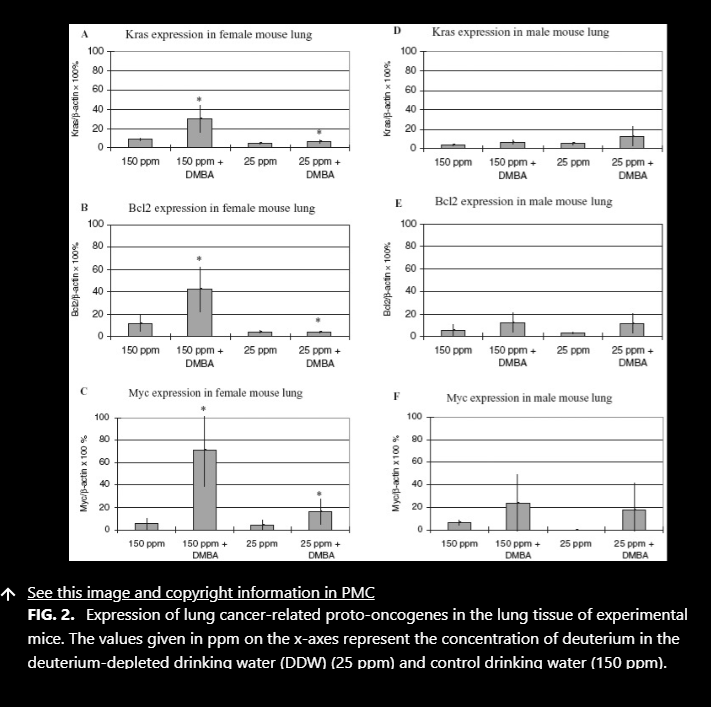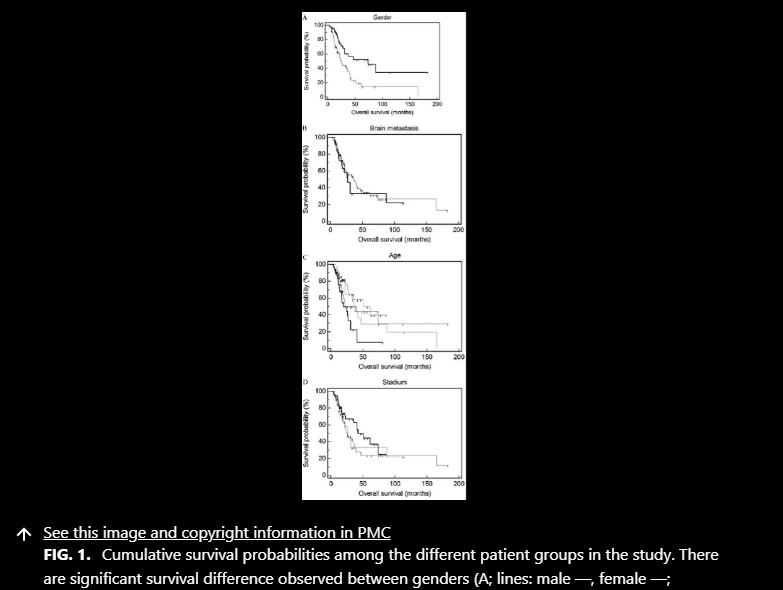Scientific Studies
The effect of the deuterium depleted water on the biological activity of the eukaryotic cells
Source: https://pubmed.ncbi.nlm.nih.gov/29773469/. Abstract
Here we show the dependence of the unicellular biosensor S. Ambigua lifespan on the water D/H isotopic composition. This dependence is bell-shaped with descents both in case of deficiency or excess of deuterium in water. The influence of the water D/H isotopic composition on the cell culture proliferative potential and colony forming efficiency in vitro was tested on the human dermal fibroblasts. We observed that the deuterium depleted water stimulates cell colony formation at the early passages. The dynamics of the cell doubling index in the deuterium depleted water-based growth medium showed higher proliferation potential compared to the water with normal isotopic composition. Using scratch assay, we have also studied the impact of the growth medium D/H isotopic composition on the cell motility of human cancer cell lines A549 and HT29. We have shown that the deuterium depleted water considerably suppressed cancer cell lines amoeboid movement in vitro.
Keywords:Colony-Forming ability; Deuterium depleted water; Human dermal fibroblasts; In vitro; Isotopic composition of water; Monolayer scratch method; Proliferative potential; Spirotox.

Research progress of the inhibitory effect of deuterium-depleted water on cancers
Source: https://pubmed.ncbi.nlm.nih.gov/23076183/. PMID: 23076183
Abstract
Deuterium is an important predisposing factor for cancer. Deuterium-depleted Water, also known as low deuterium water, ultra-light water or no deuterium water, can be obtained by removing deuterium from natural water. Studies have shown that water with a low deuterium concentration (<65% percent of volume) can inhibit cancer growth. Clinical trials demonstrated that drinking DDW (10-20 ppm) caused growth arrest of malignant cells in cancer patients and significantly prolonged the patient survival with also improved quality of life. A wide range of anti-cancer drugs in current use are associated with severe adverse effects, while deuterium-depleted water appears to have virtually no pharmacological side effects and is convenient to administer. The authors review the advances in the researches of anti-cancer effects and the underlying mechanisms of deuterium-depleted water.

In Vitro Study of Deuterium Effect on Biological Properties of Human Cultured Adipose-Derived Stem Cells
Source: https://www.ncbi.nlm.nih.gov/pmc/articles/PMC6241234/. In currentin vitrostudy we have shown the impact of deuterium content in growth medium on proliferation rate of human cultured adipose-derived stem cells (ADSC). ADSCs have also demonstrated morphological changes when cultured in deuterated growth medium: the cell cultures did not reach confluence but acquired polygonal morphology with pronounced stress fibers. At high deuterium concentrations the ADSCs population doubling time increased which indicated the cell cycle retardation and decrease of cell proliferation rate. The deuterated and deuterium-depleted growth media demonstrated acute and chronic cytotoxicity, respectively. The minimal migration ability was observed in deuterated medium whereas the highest migration activity was observed in the medium with the deuterium content close to natural. The cells in deuterated growth medium demonstrated decrease in metabolic activity after three days in culture. In contrast, in deuterium-depleted medium there was an increase in ADSC metabolic activity.
Deuterium Depleted Water Inhibits the Proliferation of Human MCF7 Breast Cancer Cell Lines by Inducing Cell Cycle Arrest.
Source: https://pubmed.ncbi.nlm.nih.gov/31045450/
Abstract
Recent studies have shown that the depletion of naturally occurring deuterium can result in tumor regression. The aim of the present study was to show the growth inhibitory effects of DDW discretely and in combination with 5-FU on MCF-7 breast cancer cells and to determine possible mechanisms underlying these changes. MCF7 cells were grown in RPMI medium with decreasing deuterium concentrations of DDW individually, 5-FU alone and both for 24, 48, and 72 h. Cell viability was determined with the MTT assay. The cell cycle and antioxidant enzymes status were measured using flow cytometry and quantitative luminescence methods, respectively. Our results showed that treatment with DDW especially in 30-100 ppm concentrations imposed the highest cell growth inhibitory effect. The cell cycle analysis revealed that DDW caused the cell cycle arrest in the G1/S transition, reduced the number of the cells in the S phase and significantly increased the population of cells in the G1 phase in MCF-7 cells. The activities of superoxide dismutase (SOD) and catalase (CAT) enzymes also increased in the same low concentrations of DDW. In conclusion, DDW can open new strategic approach in breast cancer therapy. Highlights DDW cause lethality in cancer cells. DDW augmented 5-FU inhibitory effects on breast cancer cell lines. Cell inhibitory results lead to the discovery of synergic effects of DDW-drug combinations Synergistic anti cancer effects of DDW with 5-FU is enhanced by decreasing deuterium content of the DDW. DDW exerts effects on the cell cycle, changes in cell configuration and induces antioxidant enzymes in vitro. DDW can be considered as an adjuvant to conventional anticancer agents in future trials.
Deuterium Depletion May Delay the Progression of Prostate Cancer
Source: Scientific Research
Deuterium-depleted water (DDW) is a new promising agent in cancer therapy. The efficiency of the method is based on the discovery, that cancer cells are extremely sensitive to depletion of deuterium (D) and might cause necrosis of the tumour. The purpose of this study was to show the efficacy of D-depletion in prostate cancer (PC) patients. In the double blind, four-month-long, randomized Phase II clinical trial the daily water intake was replaced with DDW in 22 PC patients. Other 22 PC patients took normal water while both groups received the same forms of conventional treatment. In the retrospective study, 91 DDW-treated PC patients were evaluated and median survival time (MST) in the subgroups was calculated. The time course of changes in DDW dose and PSA is presented in two cases. In the prospective trial seven patients in the treated group and one patient in the placebo group achieved partial response (p = 0.046). In the treated group, the net decrease in the prostate volume was three times higher (160.3 cm3 vs. 54.0 cm3; p = 0.0019), urination complaints ceased at a higher rate (8 vs. 0 patients, p = 0.0041), and the one-year survival rate was also higher (2 vs. 9 deaths; p = 0.034). The 91 retrospectively evaluated patients achieved an MST of 11.02 years, despite the fact that 46 of them suffered from distant metastasis. In the two monitored patients, drop of PSA level correlated with the DDW intake. In summary, D-depletion prolonged MST in patients with PC. The method proved to be safe thus its integration in the PC cure as an adjuvant or complementary therapy would be considered.
